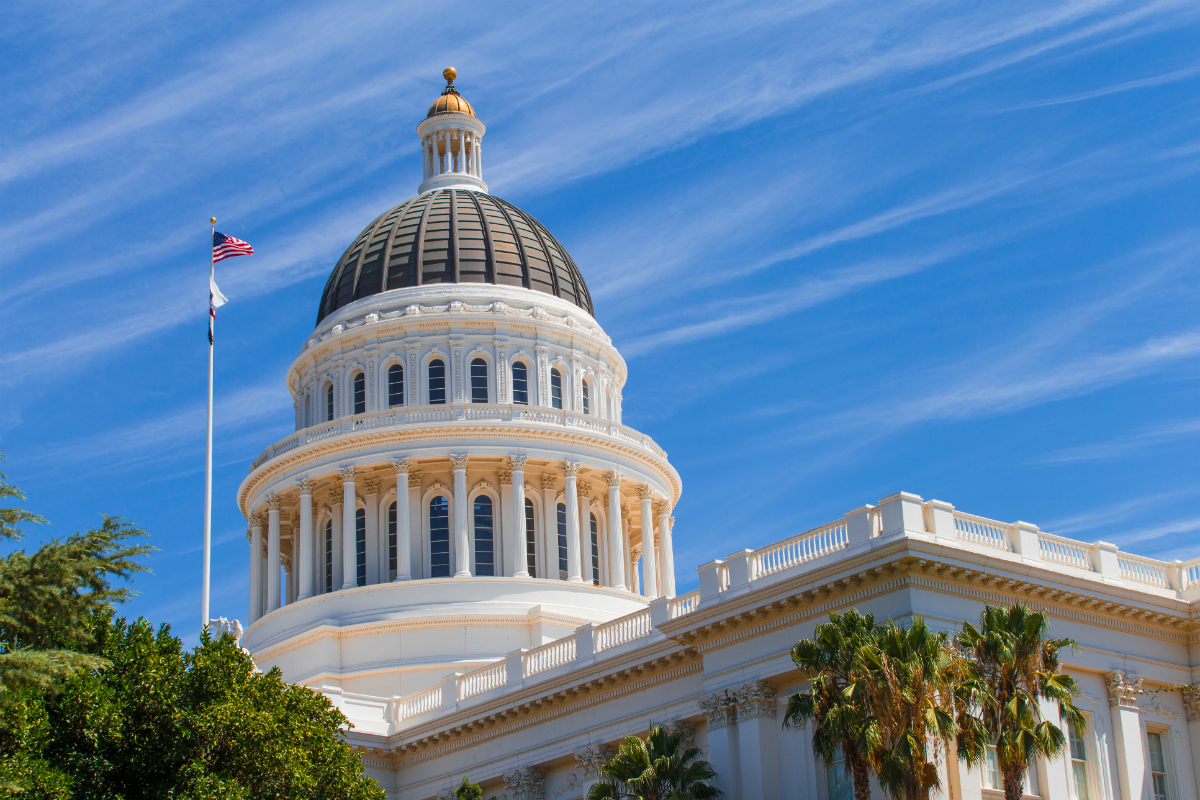As the new year begins in the Capitol, all eyes are on Gov. Gavin Newsom as he prepares to release his January Budget Proposal. As required by the Constitution, the Governor must introduce the state’s proposed budget “within the first 10 days of each calendar year.”
With a slowing economy leading to a projected budget deficit, the state faces a starkly different fiscal reality than in the previous two years of record budget surpluses. While a combination of growth in the Proposition 98 guarantee and required reserve withdrawals may blunt the impact of on schools, it is clear that the 2023–24 budget cycle will be more challenging than in recent years.
Legislative leadership in both houses have expressed their commitment to defending historic school funding gains, and the Assembly has released a budget blueprint reiterating that preserving funding for students and providing “certainty for school districts to make the needed investments to reverse learning loss” remains a priority.
As CSBA looks ahead, here are the top budget issues the association is watching and advocating for:
- Mental health: Mental health continues to be a top priority for local educational agencies across the state. CSBA urges the Legislature and Governor to build on previous investments and maintain and expand funding to help ensure that LEAs can implement and maintain ongoing and reliable student mental health services.
- Protecting universal school meals: The cost of providing universal meals will increase in the coming year due to adoption of Senate Bill 490 (Caballero, D-Merced), which was not funded in the 2022–23 budget. CSBA urges policymakers to provide additional and ongoing funding to cover the increased costs, which will otherwise jeopardize the implementation of universal meals.
- Employer pension contributions: Pension costs are increasingly burdensome and crowd out other desperately needed investments in educational programs. CSBA urges an ongoing commitment to protect schools from employer costs for CalSTRS and CalPERS exceeding the amounts in the 2021–22 fiscal year.
- Staffing shortages: Allowing retirees to return to the classroom has proven to be one of the more successful state-level efforts in alleviating staffing shortages, and CSBA urges the renewal of state pension system exemptions for these staff for the 2023–24 school year.
- Transitional kindergarten facilities: LEAs are racing against the clock to construct and prepare facilities for the expansion of transitional kindergarten. To meet the state’s goals for expansion, we urge policymakers to provide additional non-Proposition 98 General Fund specifically for TK facilities and amend the existing facilities program to allow LEAs to access 100 percent state funding until districts can pass local bonds.
- Cybersecurity: Cyberattacks are growing more frequent and are targeting both small and large districts alike. CSBA is requesting an appropriation of one-time funding in the form of a block grant to support LEAs in the development and implementation of cybersecurity plans, including the acquisition and implementation of necessary software and hardware upgrades.
- Small school districts: As school districts implement the many new programs created in recent budgets, small school districts face unique challenges due to their smaller regional “economies of scale” and staff capacity. Greater attention is needed to establish funding formulas that reflect the circumstances facing small and very small school districts.
- Transitioning from ADA to enrollment-based funding: If efforts are pursued this coming legislative year to move to enrollment-based funding, those efforts must include a clean transition — free of specific spending or programmatic mandates — that includes increased and permanent funding from a rebenched Proposition 98.
- Mandated costs: CSBA is requesting that all legislation with fiscal estimates be funded in the following year’s budget to allow for proper implementation as well as to prevent encroachment on the general funds of LEAs.
CSBA’s Governmental Relations team will continue to provide updates as details emerge, as well as opportunities for advocacy as the budget season begins in earnest.





